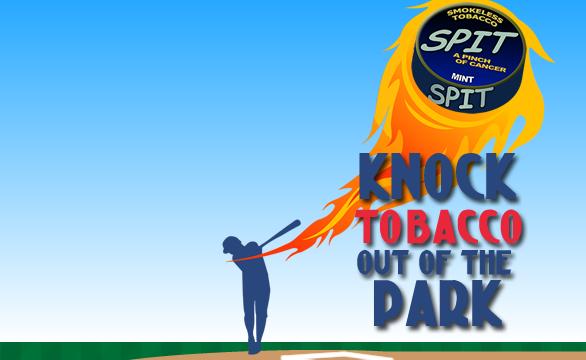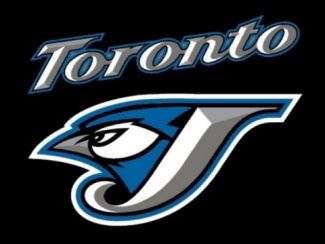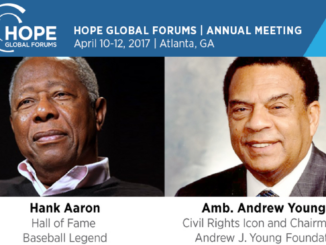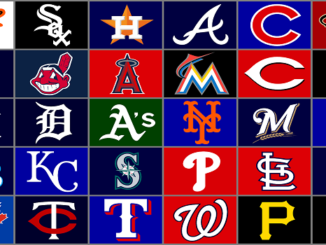
The following is a statement of Matthew L. Myers, President, Campaign for Tobacco-Free Kids:
When the 2017 Major League Baseball season opens in just a few days, more ballparks and games will be tobacco-free than ever before – and that’s a terrific example for millions of young fans.
Nearly half the Major League stadiums (14 of 30) will be completely tobacco-free as a result of state and local laws. In addition, the new collective bargaining agreement (CBA) reached last year between players and owners prohibits new MLB players from using smokeless tobacco, like chew, dip and snuff. The agreement also makes violations of local tobacco-free stadium laws violations of the CBA as well, strengthening enforcement.
This amazing progress makes it a matter of when, not if, baseball becomes completely tobacco-free. The remaining Major League cities must act now to prohibit smokeless tobacco use at sports venues so another generation of kids doesn’t grow up watching their baseball idols use tobacco. It is time to break the long and harmful link between baseball and tobacco for good. Our national pastime should promote a healthy and active lifestyle, not a deadly and addictive product.
To date, Boston, Chicago, Los Angeles, Milwaukee, New York, San Francisco, St. Louis, St. Petersburg (Tampa Bay) and Washington, D.C., have all enacted laws prohibiting tobacco use at sports venues, including their professional baseball stadiums. A statewide law in California will also be in effect this season.
Less than 18 months after San Francisco became the first city to take tobacco out of baseball, MLB saw its first tobacco-free post-season games, including a tobacco-free World Series winner in Chicago. The Cubs went over 100 years without a championship, but within four months of prohibiting tobacco use in its baseball facilities, the city hoisted a World Series banner. We cannot guarantee that other cities and teams will enjoy that same success, but what Major League city doesn’t want to do everything it can to enhance its chances for a championship? It’s time to take tobacco out of baseball completely.
The Knock Tobacco Out of the Park campaign, a coalition of public health and medical organizations, has advocated for tobacco-free baseball. Other key facts in support of the campaign include:
- Tragic events over the last two years have driven home the seriousness of the problem. In June 2014, Hall of Famer Tony Gwynn died at age 54 after a long battle with salivary gland cancer, which he attributed to his longtime use of chewing tobacco. Two months later, pitching great Curt Schilling, only 47, announced his treatment for oral cancer that he said was “without a doubt, unquestionably” caused by 30 years of chewing tobacco.
- The Centers for Disease Control and Prevention (CDC) has reported that high school athletes use smokeless tobacco at nearly twice the rate of non-athletes, and smokeless tobacco use among athletes increased more than 11 percent from 2001 to 2013, even as smoking rates dropped significantly. Among male high school athletes, smokeless tobacco use is particularly alarming at 17.4 percent in 2013.
- Public health experts – including the CDC, U.S. Surgeon General, U.S. National Cancer Institute and World Health Organization – have all concluded that smokeless tobacco use is dangerous. Smokeless tobacco contains at least 28 known carcinogens and causes oral, pancreatic and esophageal cancer. The product also causes nicotine addiction and other serious health problems like gum disease, tooth decay and mouth lesions.
- Smokeless tobacco manufacturers spent more than $600 million on marketing in 2014 (the most recent data available), driving home the message that teen boys cannot be real men unless they chew. The link between baseball and chewing tobacco reinforces this message.
- Baseball stadiums are workplaces and public places. It is entirely appropriate to restrict the use of a harmful substance in such a setting. While players are on the job, they have a responsibility to set the right example for kids. These measures do not affect what players can do off the field in their personal lives, although they are encouraged to quit using tobacco for their own health.
SOURCE Campaign for Tobacco-Free Kids




Leave a Reply